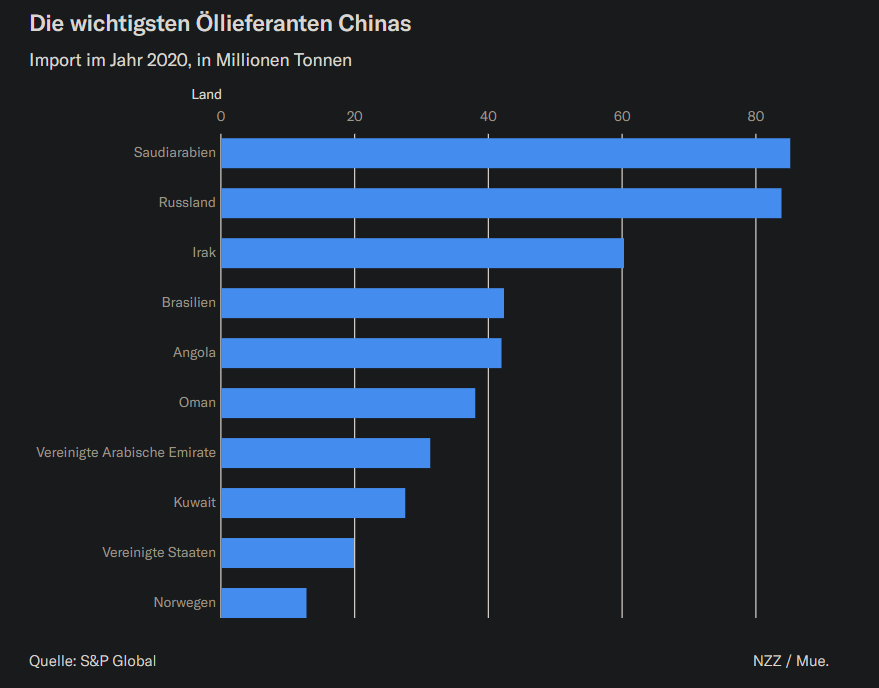
#Thread about #cannabisnews #LegalizeCannabis #NewYork :
After years of controversy, the New York State Parliament paved the way for the legalization of marijuana. One reason for this is the fight against structural racism.
nzz.ch/international/…
After years of controversy, the New York State Parliament paved the way for the legalization of marijuana. One reason for this is the fight against structural racism.
nzz.ch/international/…
New York is the 15th American state to allow free use of marijuana.
The main reason for legalization is the fight against structural racism: the current cannabis legislation in New York had discriminated against non-whites.
The main reason for legalization is the fight against structural racism: the current cannabis legislation in New York had discriminated against non-whites.
Although consumption is roughly evenly distributed, blacks were arrested many times more often for marijuana offenses.
I am in favor of legalization because it puts cannabis under government control mechanisms.
I find it questionable whether racism should be given as the reason for this, because it is probably simply because blacks are generally poorer, and thus statistically more criminal.
If someone is caught in a criminal offense, such as theft, for example, they will of course also be searched. Because black people are searched more often because of racism and because of the statistics, there are of course more drugs to be found, in this case cannabis.
If you searched ways more often, you would find more cannabis on them.
You should finally give up this black and white thinking and just argue that it would be better for your health if you consumed controlled cannabis, and not the cannabis from the street, which makes you high and the health benefits ever more reduced.
I am very clearly against racism, but it is logical that poorer people are more often criminals, are therefore more often checked, in case of suspicion, and thus cannabis is more often found.
But it has absolutely nothing to do with skin color. If wise were poorer, they would be more criminal and so on. So it just makes sense that poor people use drugs more, and that dark skinned people are poorer.
One should never argue on the basis of external characteristics such as skin color.
• • •
Missing some Tweet in this thread? You can try to
force a refresh



